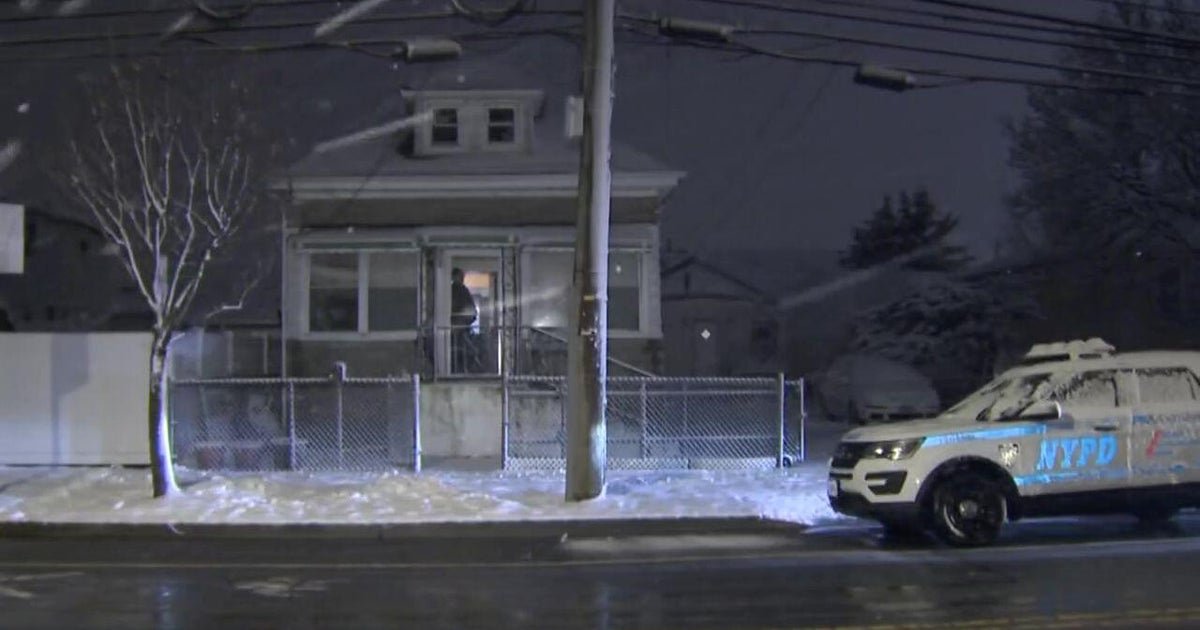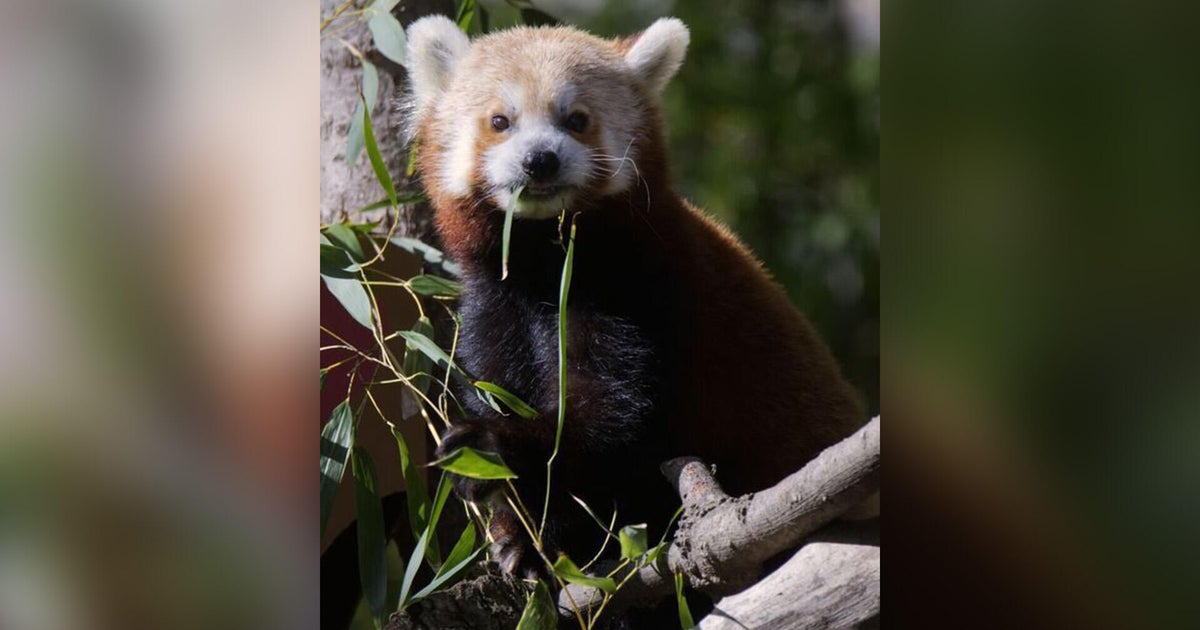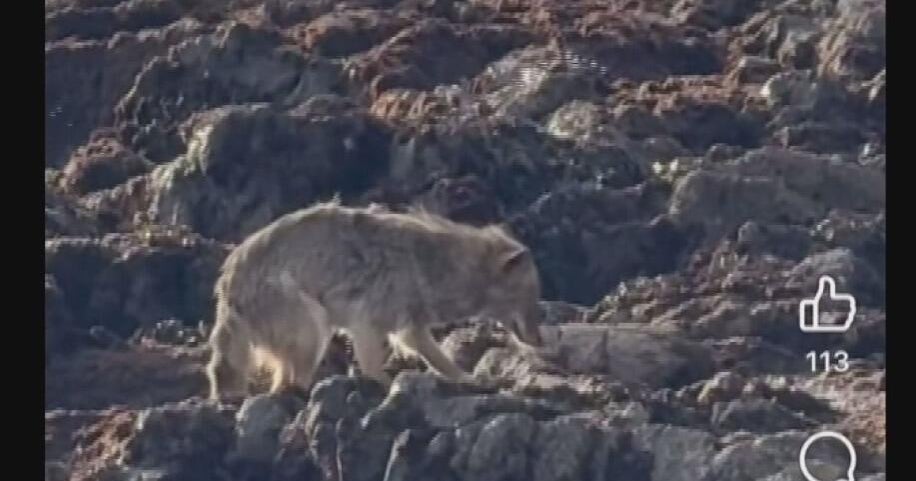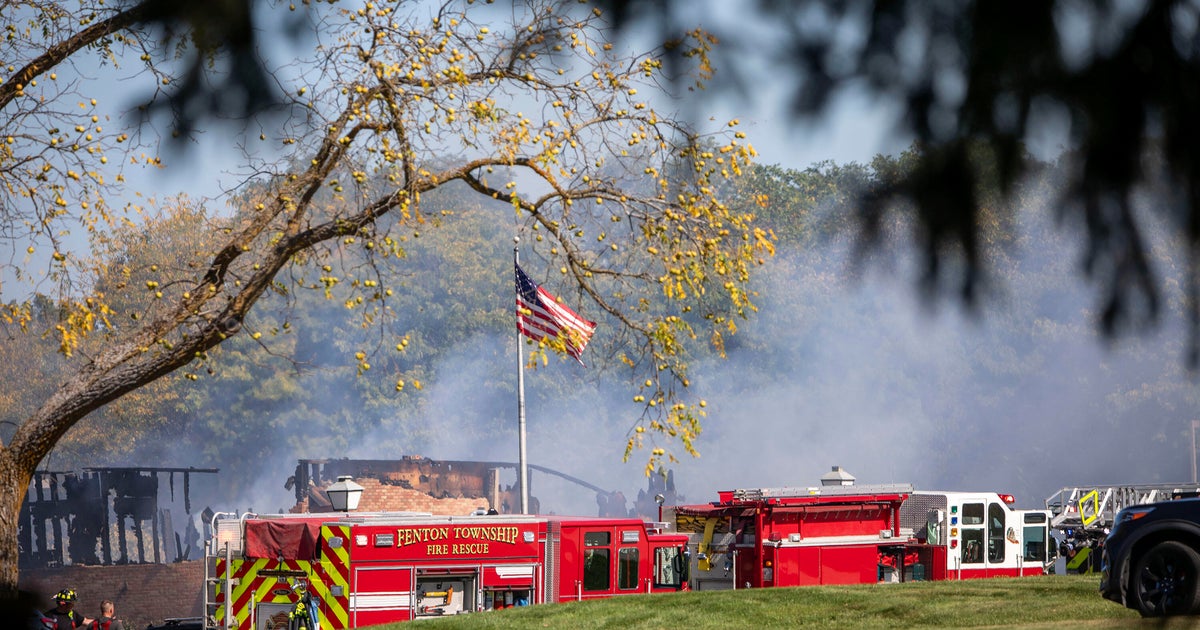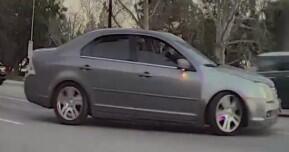New Report Offers Insight Into San Francisco Zoo Tiger Attack
SAN FRANCISCO (AP) -- A female Siberian tiger killed in a hail of police gunfire after fatally mauling a man at the San Francisco Zoo on Christmas Day 2007 likely was provoked into leaping and clawing out of its enclosure, a federal investigator said in documents obtained by The Associated Press.
The tiger named Tatiana killed 17-year-old Carlos Sousa Jr. and injured his friends, brothers Paul and Kulbir Dhaliwal, leaving claw marks etched in the asphalt and claw fragments in the bushes outside its pen. Claw marks were also discovered near the top of the enclosure wall, which was lower than federal safety standards dictate, showing that the big cat was able to get enough leverage to pull itself out.
"It appears the tiger was able to jump from the bottom of the dry moat to the top of the wall, and gain enough purchase over the top to pull herself out over the moat wall," wrote Laurie Gage, a tiger expert who investigated the scene for the United States Department of Agriculture's Animal and Plant Health Inspection Service, or APHIS, which oversees the nation's zoos.
"With my knowledge of tiger behavior I cannot imagine a tiger trying to jump out of its enclosure unless it was provoked," Gage wrote in the Dec. 27, 2007 draft of her report.
That statement was stricken from the final version of the report because it was "irrelevant from an Animal Welfare Act enforcement standpoint," said David Sacks, a spokesman for APHIS. Whether or not the tiger was provoked has long been a point of contention.
After sitting with its prey for a short time, Gage wrote that Tatiana likely followed the Dhaliwals' blood trail for about 300 yards to where it resumed attacks. Photographs show blood-smeared asphalt where the tiger apparently dragged Sousa's body.
"After a kill, I find it interesting the tiger would leave a kill to go after something else unless there were a compelling reason," Gage wrote. "The tiger passed exhibits with warthogs which it ignored as it followed (the blood trail) of the two brothers to the Terrace Cafe outside the dining area."
The documents, provided to The AP more than three years after a Freedom of Information Act request, offer the first public glimpse into the findings of the APHIS investigation and details from the scene written by some of the officers who killed Tatiana.
Gage and inspector Michael Smith investigated the enclosure and zoo premises on Dec. 27, 2007.
In more than 65 years no other tiger had escaped from that enclosure. San Francisco Zoo officials now say the enclosure should have been safer.
"Nobody was there to witness it at that time of day, it was closing, just the people who were there and the tigers," said Lora LaMarca, a zoo spokeswoman. "We cannot prove the animal was provoked, and regardless of that, she was able to jump out which led to a whole series of renovations to that exhibit which makes sure this will never happen again."
USDA fined the zoo $1,875 for violations associated with the flaws in the tiger enclosure that allowed Tatiana to escape, and for one unrelated violation.
The USDA's findings show the tiger jumped from the moat right in front of an area where a path had been worn through plants meant to provide a sight barrier. According to the reports, the zoo complained that people often pushed through the plants and leaned over the enclosure, sometimes even putting their children on its rim.
USDA's investigators said they found "some sticks, foreign to the exhibit, and at least one pine cone inside the tiger exhibit indicating that someone may have thrown these items into the enclosure at the tigers."
The Dhaliwal brothers denied provoking the big cat, though Sousa's father told police that Paul Dhaliwal had admitted to being drunk and yelling and waving at the animal. Sousa's parents settled their wrongful death lawsuit for an undisclosed amount, and the brothers settled their lawsuit for a reported $900,000.
An attorney for Sousa's parents, Michael Cardoza, called the theory that the tiger was provoked "mere speculation" that would not hold up in court.
"Keep in mind these are animals, who knows why they do anything?" he said.
Once Tatiana found the Dhaliwals, she sat for a while near one of the bleeding brothers outside the zoo's Terrace Cafe.
When San Francisco police officer Daniel Kroos and his partner arrived at the cafe area, he saw the tiger and one of the Dhaliwals sitting near each other.
"At this time I saw the tiger pounce on top of the victim and maul him continuously for several seconds," Kroos wrote. "At this time I was not able to shoot the tiger without placing the victim in the field of fire and thereby placing the victim in further danger."
"It appeared to me the tiger was protecting its prey," said Office Scott Biggs, who was also among the first officers to respond.
After several seconds of mauling, Kroos said Tatiana stopped and headed in the direction of one of the officers.
"Fearing that the tiger was going to attack and kill Officer Biggs, or that the tiger might turn around and continue to maul the victim who could not move, I fired my department issued firearm an unknown amount of times at the tiger in an attempt to stop the threat of further attack," he said.
The officers continued to fire at the tiger, with one putting a final shot in the animal's head to ensure it was dead.
(© 2011 CBS Broadcasting Inc. All Rights Reserved. This material may not be published, broadcast, rewritten, or redistributed. The Associated Press contributed to this report.)
